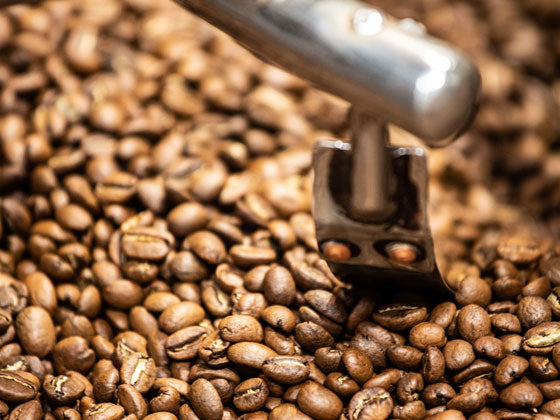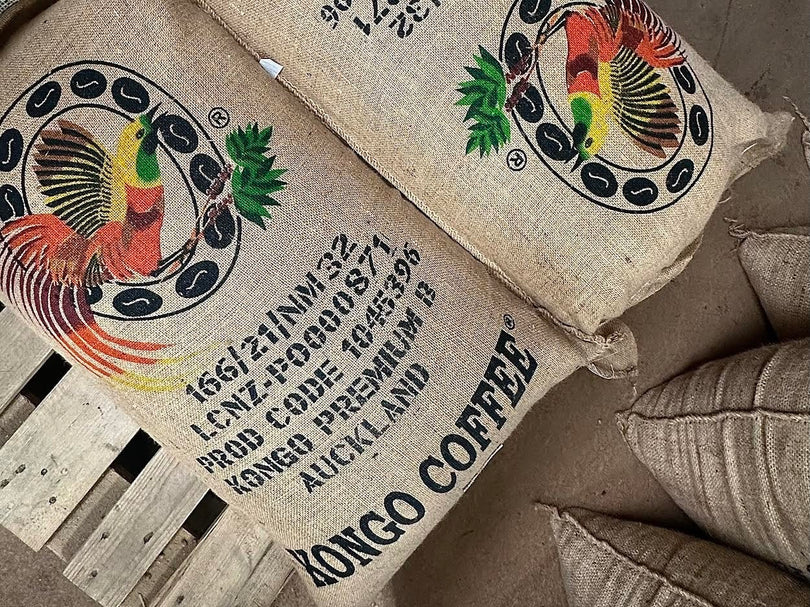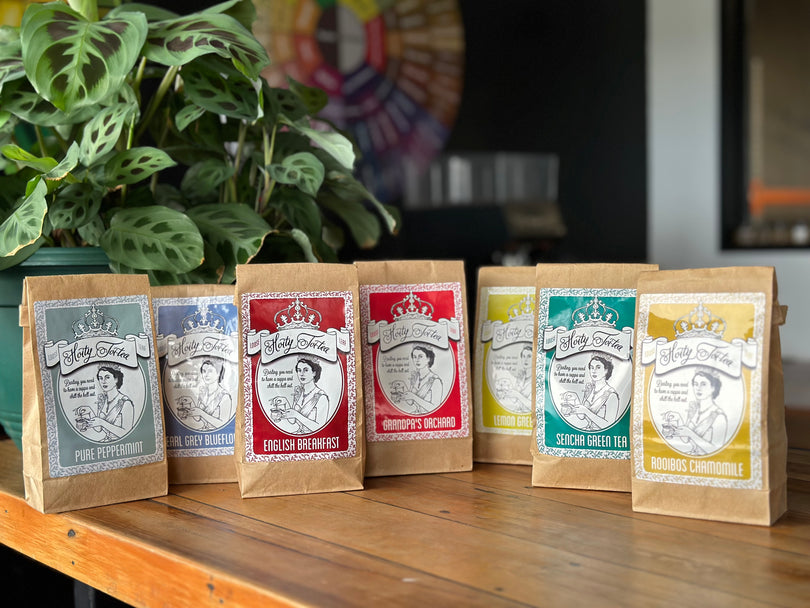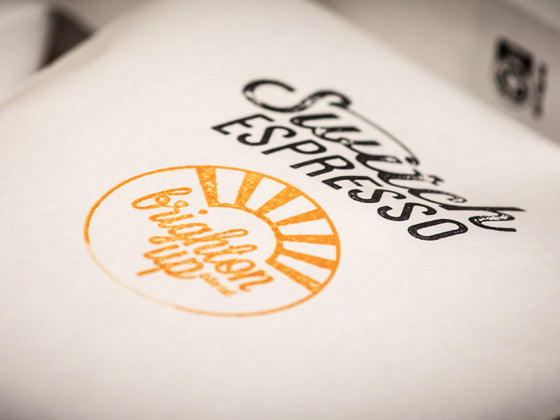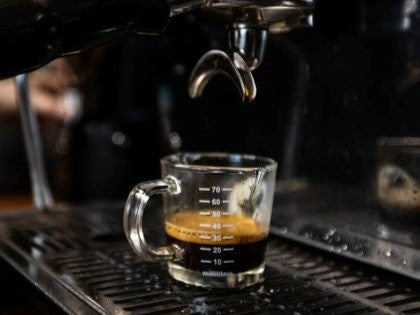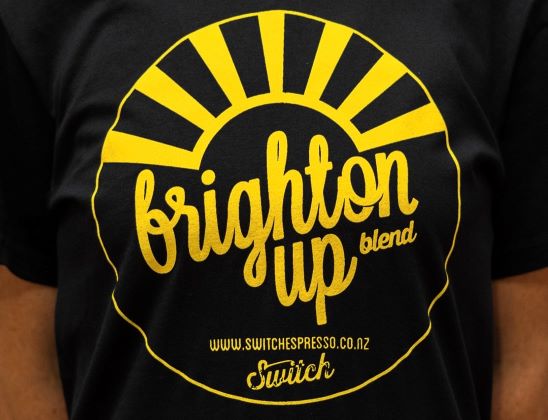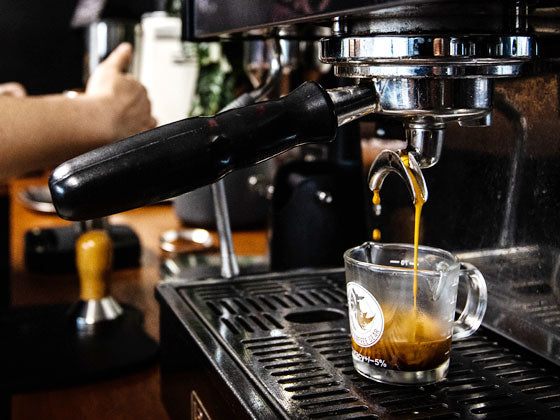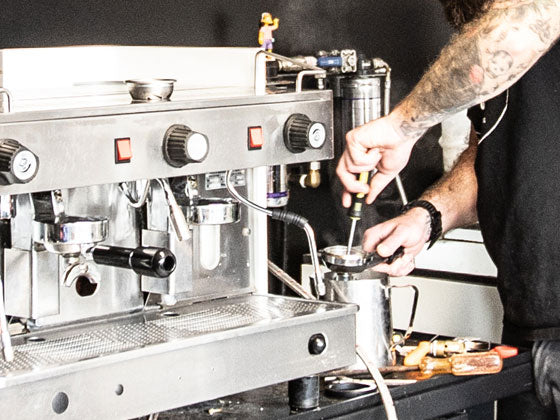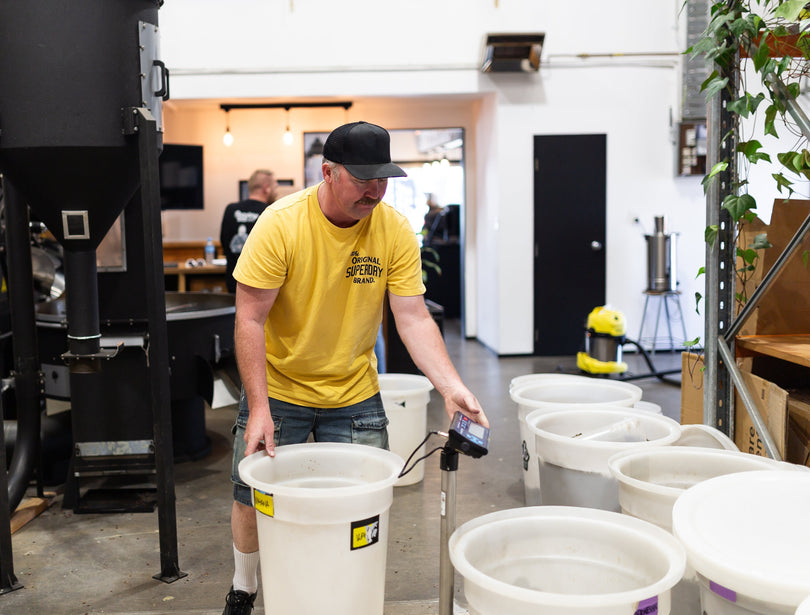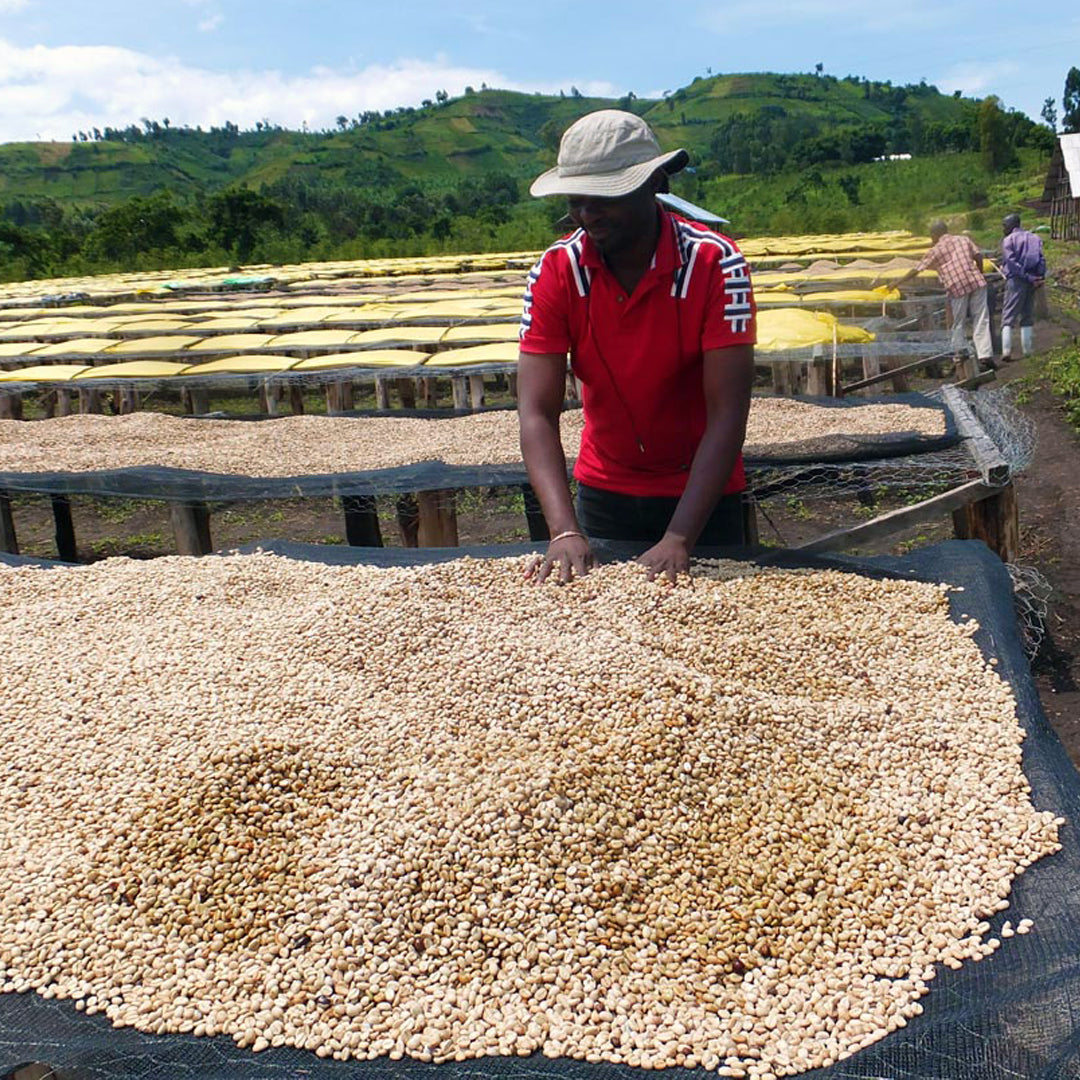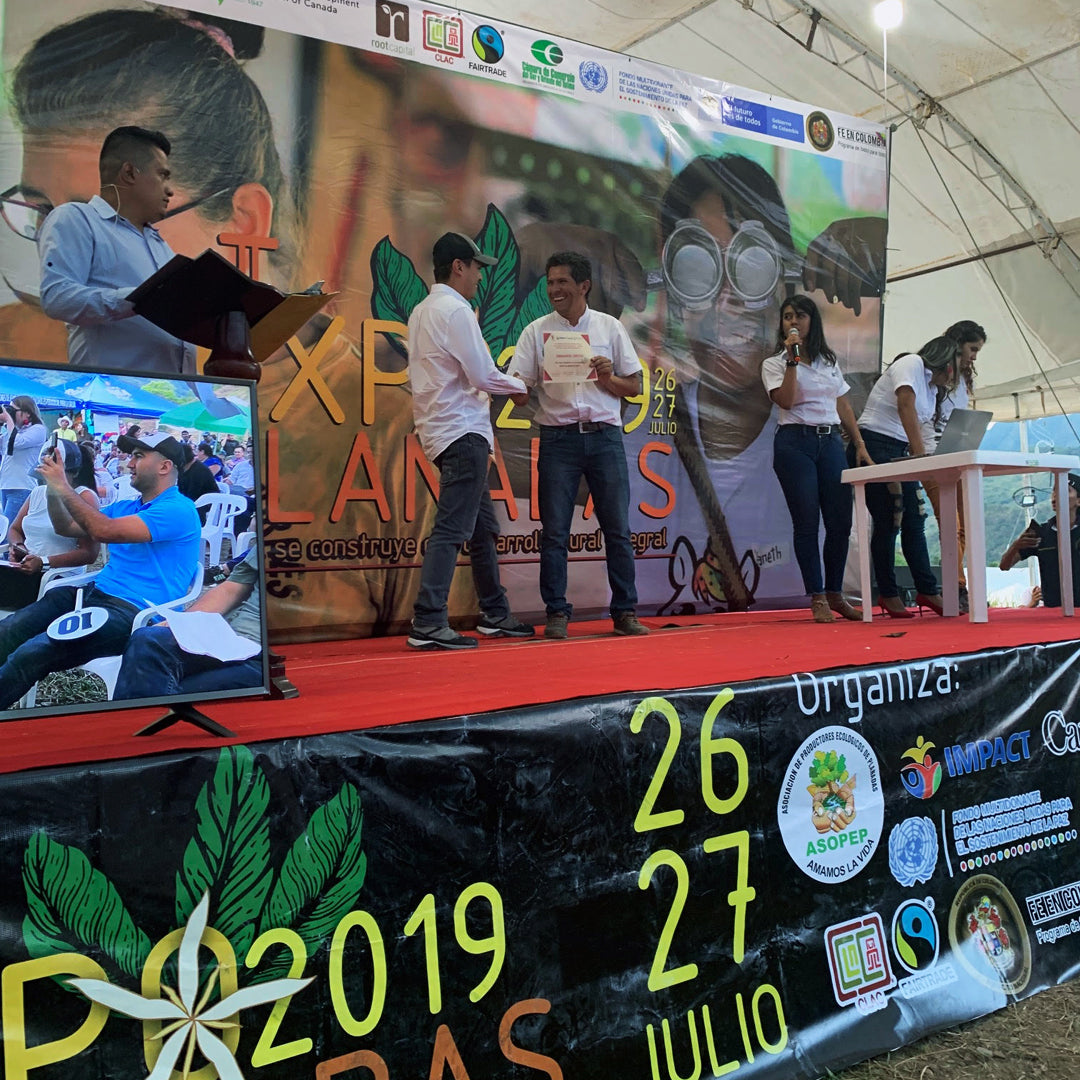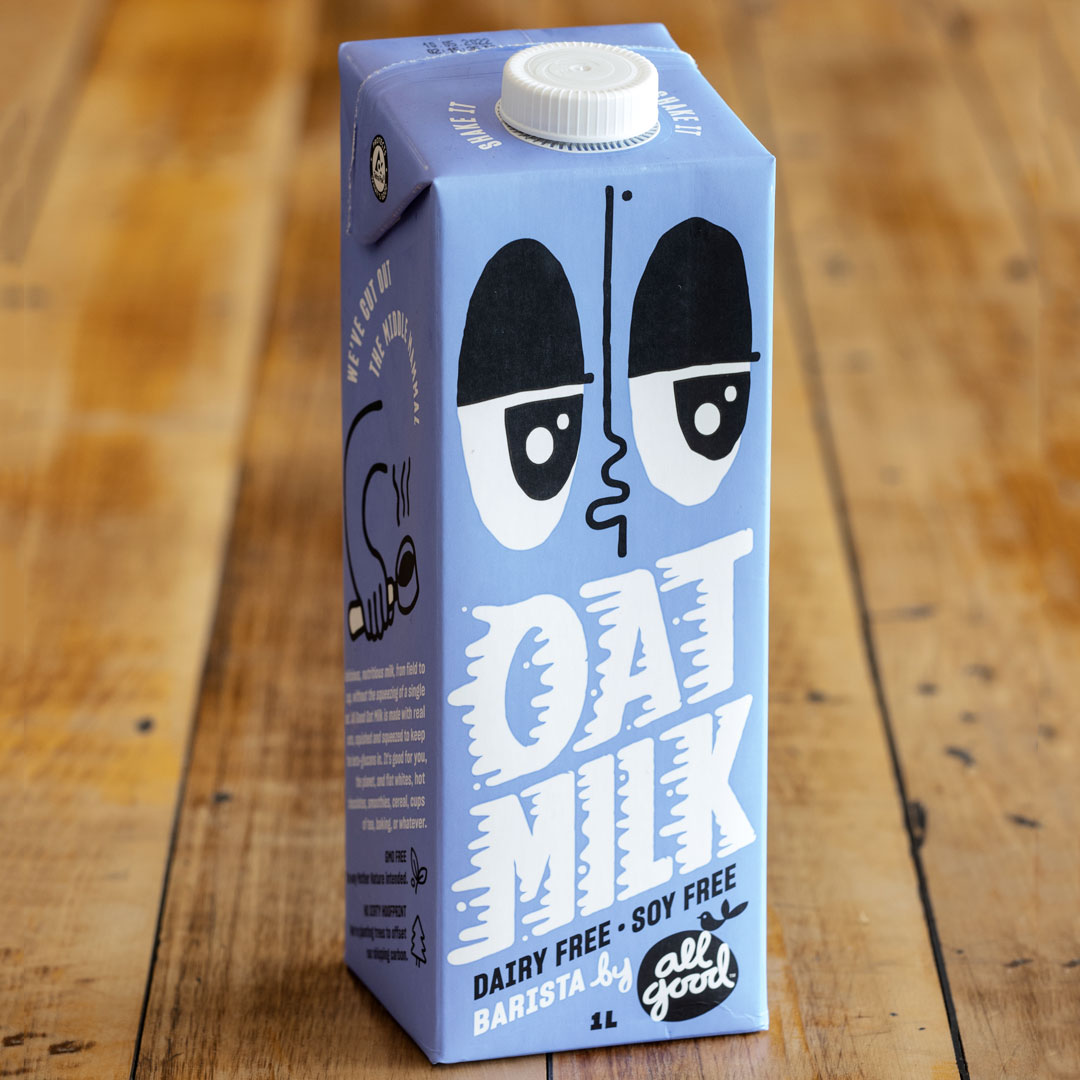The Democratic Republic of the Congo – DRC – is a pretty controversial spot, to say the least. The country has a long, storied and war-torn history featuring exploitation, gold, oil, diamonds, ethnic cleansing and child soldiers. Big coffee companies have rightfully been criticised for buying coffee from the Congo that may have come from exploitation. So why do we stock Congolese coffee? And how do we know nobody got hurt to make it?
We deal with a farming collective, Solidarite Paysanne la Promotion de Actions Café et Development Integras (yeah that’s a bit of a mouthful, which is why they go by SOPACDI). It was the first Congolese cooperative certified as Fair Trade and organic, and the money SOPACDI makes from selling coffee goes directly to its members – the farmers – as well as being used for education, training and supporting women’s groups. No exploitation or big multinational companies in sight. 20% of SOPACDI’s farmers are women, and women play a key role in administering and making decisions in the cooperative. We go to great lengths to make sure all the coffee we source is ethical and that we pay a fair price for it, which helps the communities it comes from.

Quick facts about the Congo:
- The largest country in sub-Saharan Africa
- Mostly French-speaking
- People first settled the area 90,000 years ago
- Colonised by the brutal King Leopold II of Belgium in the 1880s
- Declared independence in 1960
- Fertile country rich in forestry, farmland and minerals
- Speciality coffee industry took off in the last decade
- Perfect coffee-growing climate
- Coffee industry is bringing money and stability to the Kivu region of DRC
Switch Espresso Congo Sopacdi single origin coffee is grown in rich volcanic soil on the green shores of Lake Kivu in eastern DRC. The coffee is full bodied, with fruity acidity and fine flavours complimented by notes of blackcurrant and a looong, lingering cocoa aftertaste. Get yours here.
